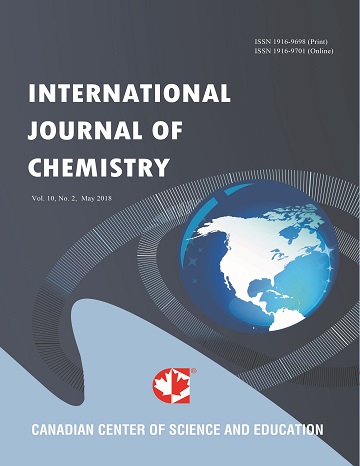Determining the Lithium and Calcium Concentrations in Canned Tuna Fish in Iran
- Mona Daraei
- Heibatullah Kalantari
- Zahra Nazari Khoragani
Abstract
Backgrounds and aims: Nutrition is the main way to receive the trace elements that human body needs. Lithium (Li) and calcium (Ca) are two trace elements, which have important roles in human body. There are a few studies about the amounts of calcium and lithium in canned tuna fish. The aim of this study was to determine the concentrations of calcium and lithium in canned tuna fishes.
Materials and Methods: To this aim, 150 samples of canned tuna fishes from two well-known brands (Majid and Poolak), marketed in Khuzestan province of Iran, were obtained. Li contents of the samples were measured by atomic absorption spectrometry (AAS) with atomization in graphite furnace. Ca contents of the samples were measured by AAS using nitrous oxide-acetylene flame.
Results: The mean concentrations of calcium in canned tuna fish of Majid and Poolak brands were 448.47 and 398.22 mg/kg, respectively. Additionally, the mean concentrations of lithium in canned tuna fish of Majid and Poolak brands were 38.42 and 39.67 mg/kg, respectively. The mean concentration of calcium in the investigated canned tuna samples fish was lower than provisional tolerable intake (PTI) per day (1000 ppm) set by World Health Organization (WHO) and Environmental Protection Agency (EPA). However, the mean concentration of lithium in the studied canned tuna fish samples was higher than PTI/day (0.650- 3.1 ppm) Set by EPA.
Conclusion: The results of current study showed that the marine food industries need a more-precise and serious monitoring by public health organizations. Additionally, protecting the marine environment from pollutions is an obligation that needs the attention of related organizations and authorities.
- Full Text:
 PDF
PDF
- DOI:10.5539/ijc.v13n2p35
Index
Contact
- Albert JohnEditorial Assistant
- ijc@ccsenet.org
